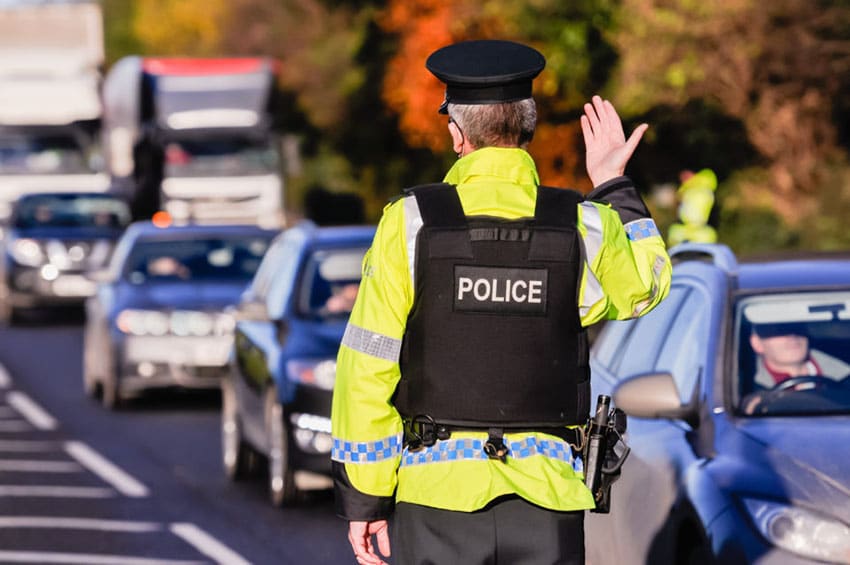Understanding DUI Checkpoints in Texas
DUI checkpoints, also known as sobriety checkpoints, are established by law enforcement to catch impaired drivers. In Texas, these checkpoints are legal and must adhere to specific guidelines to ensure they are conducted fairly and lawfully. Understanding the legal framework surrounding these checkpoints can help drivers know their rights and obligations when they encounter one.
During a DUI checkpoint, officers are trained to look for signs of intoxication, such as erratic driving behavior or the smell of alcohol. Drivers should be aware that they have the right to remain silent and can choose not to answer questions that may incriminate them. Familiarity with these rights can empower individuals to navigate these situations more effectively.
Consequences of a DUI Charge in Texas
A DUI charge in Texas can lead to severe legal consequences, including fines, license suspension, and even jail time. The severity of the penalties often depends on whether it is a first-time offense or a repeat violation, as well as the circumstances surrounding the incident, such as the presence of minors in the vehicle or prior convictions.
For first-time offenders, Texas law may impose fines up to $2,000, a jail sentence of up to 180 days, and a license suspension for up to a year. Repeat offenders face escalating penalties, potentially including felony charges. Understanding these consequences highlights the importance of seeking legal representation to navigate the complexities of DUI laws.
Defenses Against DUI Charges
There are several potential defenses that can be employed against DUI charges in Texas. These defenses can range from challenging the legality of the traffic stop to questioning the accuracy of field sobriety tests and breathalyzer results. A skilled attorney can analyze the specifics of a case to identify viable defense strategies.
For example, if law enforcement did not have probable cause to pull a driver over, any evidence gathered during the stop may be deemed inadmissible in court. Additionally, issues with the calibration or operation of breathalyzer devices can also serve as a basis for dismissal of DUI charges, emphasizing the need for thorough legal representation.
Frequently Asked Questions About DUI in Texas
Understanding the intricacies of DUI laws can be challenging, and many individuals have common questions regarding their rights and the legal process. Topics often include the implications of refusing a breath test, what to expect during a court appearance, and how to handle a license suspension.
For instance, refusing a breath test in Texas can lead to an automatic license suspension for 180 days, even if you are not convicted of DUI. Additionally, individuals may wonder about the possibility of expunging a DUI charge from their record. Addressing these frequently asked questions can provide clarity and guidance for those facing DUI-related legal issues.

